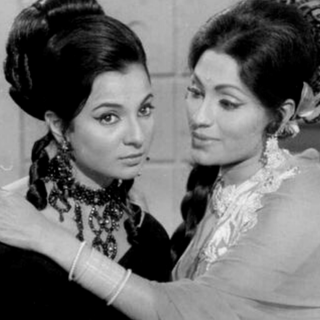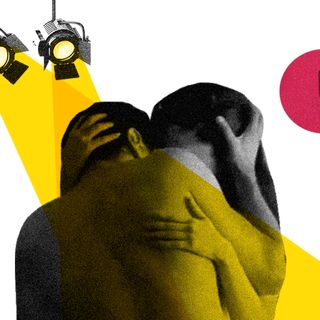In The Buzz Cut, we bring you a round-up of all the weird, controversial, and wonderful stories we’ve been reading all week.
Rihanna recently did a photoshoot in which she’s wearing a Ganesha necklace topless, angering the Hindu diaspora into writing this rant on a U.S.-based culture blog. But is it really cultural appropriation? And more importantly, can Rihanna’s stunt be removed from the hate she has recently received from Hindutva trolls on social media?
*
Speaking of Hindu trolls, BJP leaders have recently accused teen climate activist Greta Thunberg of yet another conspiracy — they allege Thunberg is out to attack India’s tea production and trade, and malign the country’s image worldwide. Is any of this true?
*
As Rihanna and Greta Thunberg shed international light upon the farmers’ movement in India, many right-wing leaders were quick to guard against the scrutiny by alleging the farmers’ protests were an internal matter, and only Indians with the know-how of the matter had the right to speak up against it. But when it comes to basic human rights, should valid activism be filtered through the geographical location of those who voice their support?
*
This week, one of the biggest showdowns happened in tennis between long-time champion Serena Williams and rising star Naomi Osaka. As Osaka time and again shows her skill and consistency on the court, experts ask whether it is a new beginning in international tennis.
*
As demands to #FreeBritney from her conservatorship reach all the corners of the world, it may be time for us to question the phenomenon of conservatorship itself, and how it seeks to disenfranchise disabled people.
*
UN Women recently released a new training manual in their global purpose to champion gender equality — “Women in Preventing and Countering Violent Extremism.” Some of the modules equate women’s empowerment to women’s ability to catch “militant jihadist violent extremists.” This can prove to be yet another neo-liberal, West-centric model of women empowerment that disadvantages Muslim women more than it purports to help them.
*
On a lighter note — Indian movie theaters have undergone a massive digital transformation, from using photochemical film to project moving pictures onto big screens to digital projectors. But as vast multiplexes embrace the digital revolution, many small theaters and projectionists are left hanging in the balance.
*
The color pink has gone from being considered a girly shade shrouded in condescension to one proudly worn by hyper-masculine men always eager to throw a punch or two. The color pink has effectively gone over to the dark side — how?




